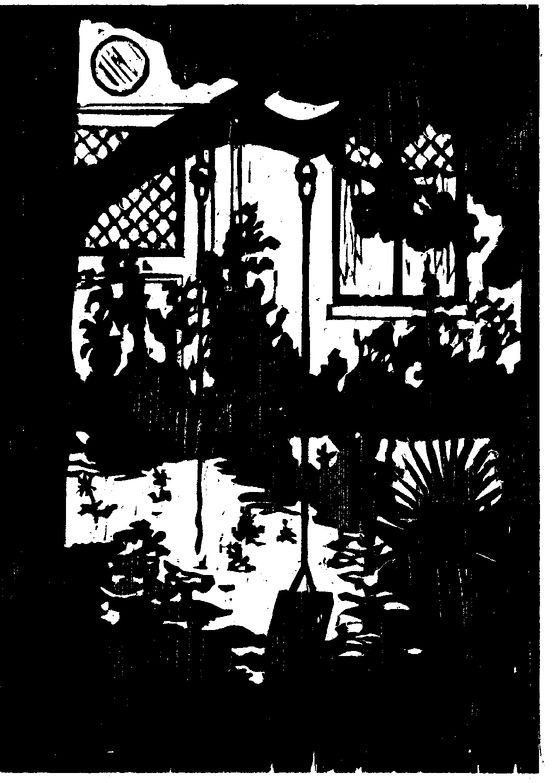10.
It was clear that nobody had lived in the house for quite some time, because the grass in the front garden was meadowlike, and the windows were black and framed with peeling paint, and the net curtains inside were gray and torn. So my parents, or my dream parents, whose faces I couldn’t picture and whose names I couldn’t place, were either dead or had moved on long ago.
It was also clear that this was a dream house. The dilapidation was not a memory but a representation of a poorly remembered past. It was a metaphor I could walk around in and clear metaphorical cobwebs from.
And it was also, for these reasons, a disappointment: that this rather obvious representation of a poorly remembered past was the best I could do. Long grass and black windows. A bit of rope hanging from a tree that once held the swing, whose wooden board had rotted away. A front path, where moss grew over broken concrete and dandelions pushed through the cracks.
But never mind. This was the house I’d grown up in, so at least I was in the right place. And little details about the house were coming back to me fast. I knew that when I pushed open the front door, it would give a low bass creak, from the wood rather than the hinges, and I knew that as I stepped through, loose hall tiles would click as I walked across them.
“Remember what I told you,” the cabbie called through the driver’s window.
“Remember what?” I called back.
“About taking things slowly.”
“Okay,” I said.
Behind me, the cab’s diesel engine started up, then faded.

